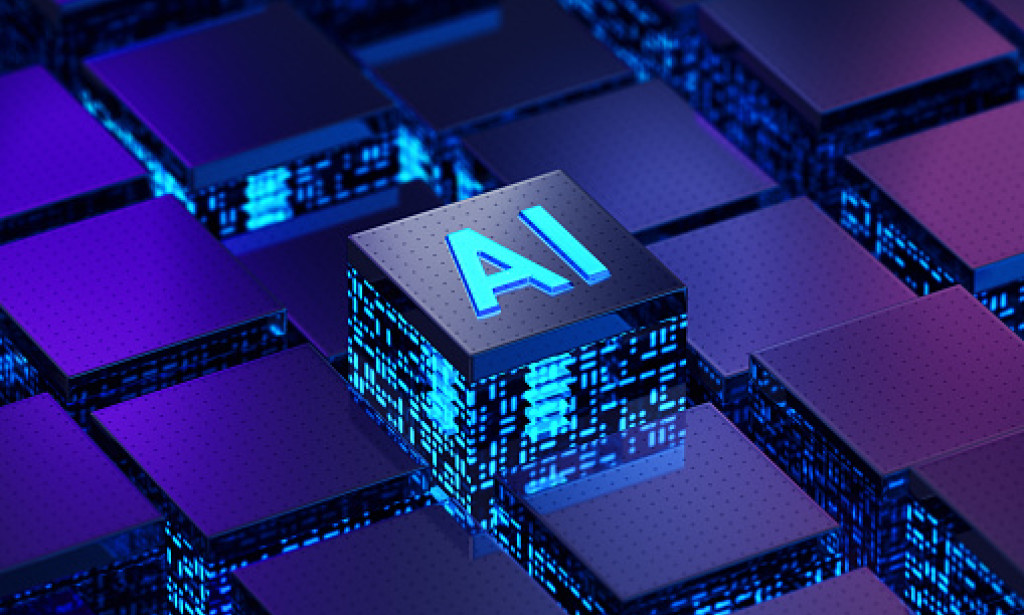Artificial intelligence could displace millions, leading to a class of individuals struggling to find their place in society..
The rapid advancements in artificial intelligence (AI) and automation have undoubtedly transformed various industries, generating enormous economic benefits and increased productivity. However, the darker side of this technological revolution is the potential displacement of millions of workers, leading to the emergence of a new "useless" class. As AI systems become more sophisticated, the risk of rendering large segments of the population unemployable increases, resulting in far-reaching societal implications.
The AI Job Displacement:
With AI systems increasingly taking over routine and repetitive tasks, several jobs are at risk of disappearing altogether. From factory workers to customer service representatives, the range of occupations affected by automation is vast. As AI technologies become more adept at handling complex tasks, even highly skilled professionals like doctors, lawyers, and engineers may face displacement.
The AI-driven job market polarization
The growing capabilities of AI have the potential to exacerbate income inequality and social stratification. As AI systems replace middle-income jobs, the job market may become increasingly polarized, with a shrinking middle class and growing divide between low-skilled, low-paying jobs and highly skilled, high-paying jobs. This polarization can result in a class of individuals unable to secure stable, well-paying employment, further marginalizing them in society.
Lack of adequate education and skill development:
The current education system may struggle to keep up with the rapidly evolving job market. Without significant investments in skill development and retraining programs, many individuals may find themselves ill-equipped to adapt to the new AI-driven economy. As the demand for highly skilled workers increases, those unable to acquire the necessary skills may face long-term unemployment, further entrenching the "useless" class.
Insufficient government policies and social safety nets:
Many governments are ill-prepared to address the consequences of widespread AI-driven job displacement. Without comprehensive policies to support individuals affected by job loss, the emergence of a "useless" class may become an unfortunate reality. Social safety nets and robust support systems will be crucial to help people transition into new careers and prevent them from falling into poverty.
Conclusion:
While the AI revolution holds great promise for improving productivity and efficiency, it also carries the risk of displacing millions of workers and creating a new class of "useless" individuals. A proactive approach involving education, skill development, and government policy is necessary to ensure that the benefits of AI are distributed equitably across society. The challenge lies in harnessing the power of AI for the greater good while mitigating its potential negative consequences, ultimately preventing the rise of a class of people left behind in the AI-driven world.


You must be logged in to post a comment.